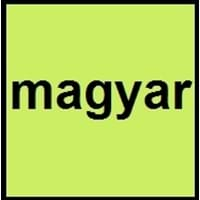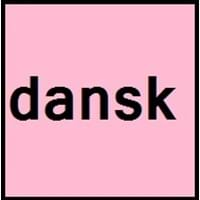Hungarian vs Danish
- Hungarian language has only preserved most of its ancient elements.
- 'Magyar' is the Hungarian name for the language, the 'Magyar' is also used as an English word to refer to Hungarian people.
- Danish, Norwegian and Swedish are mutually intelligible, that means if u learn Danish is almost like learning three languages in one.
- There are 9 vowels in Danish language, which can be pronounced in 16 different ways.
Hungarian and Danish Language History
Comparison of Hungarian vs Danish language history gives us differences between origin of Hungarian and Danish language. History of Hungarian language states that this language originated in 1192 AD whereas history of Danish language states that this language originated in c. 1100 AD. Family of the language also forms a part of history of that language. More on language families of these languages can be found out on Hungarian and Danish Language History.
Hungarian and Danish Greetings
People around the world use different languages to interact with each other. Even if we cannot communicate fluently in any language, it will always be beneficial to know about some of the common greetings or phrases from that language. This is where Hungarian and Danish greetings helps you to understand basic phrases in Hungarian and Danish language. Hungarian word for "Hello" is szia or Danish word for "Thank You" is Mange tak. Find more of such common Hungarian Greetings and Danish Greetings. These greetings will help you to be more confident when conversing with natives that speak these languages.
Hungarian vs Danish Difficulty
The Hungarian vs Danish difficulty level basically depends on the number of Hungarian Alphabets and Danish Alphabets. Also the number of vowels and consonants in the language plays an important role in deciding the difficulty level of that language. The important points to be considered when we compare Hungarian and Danish are the origin, speaking countries, language family, different greetings, speaking population of these languages. Want to know in Hungarian and Danish, which language is harder to learn? Time required to learn Hungarian is 44 weeks while to learn Danish time required is 24 weeks.





